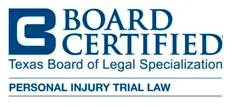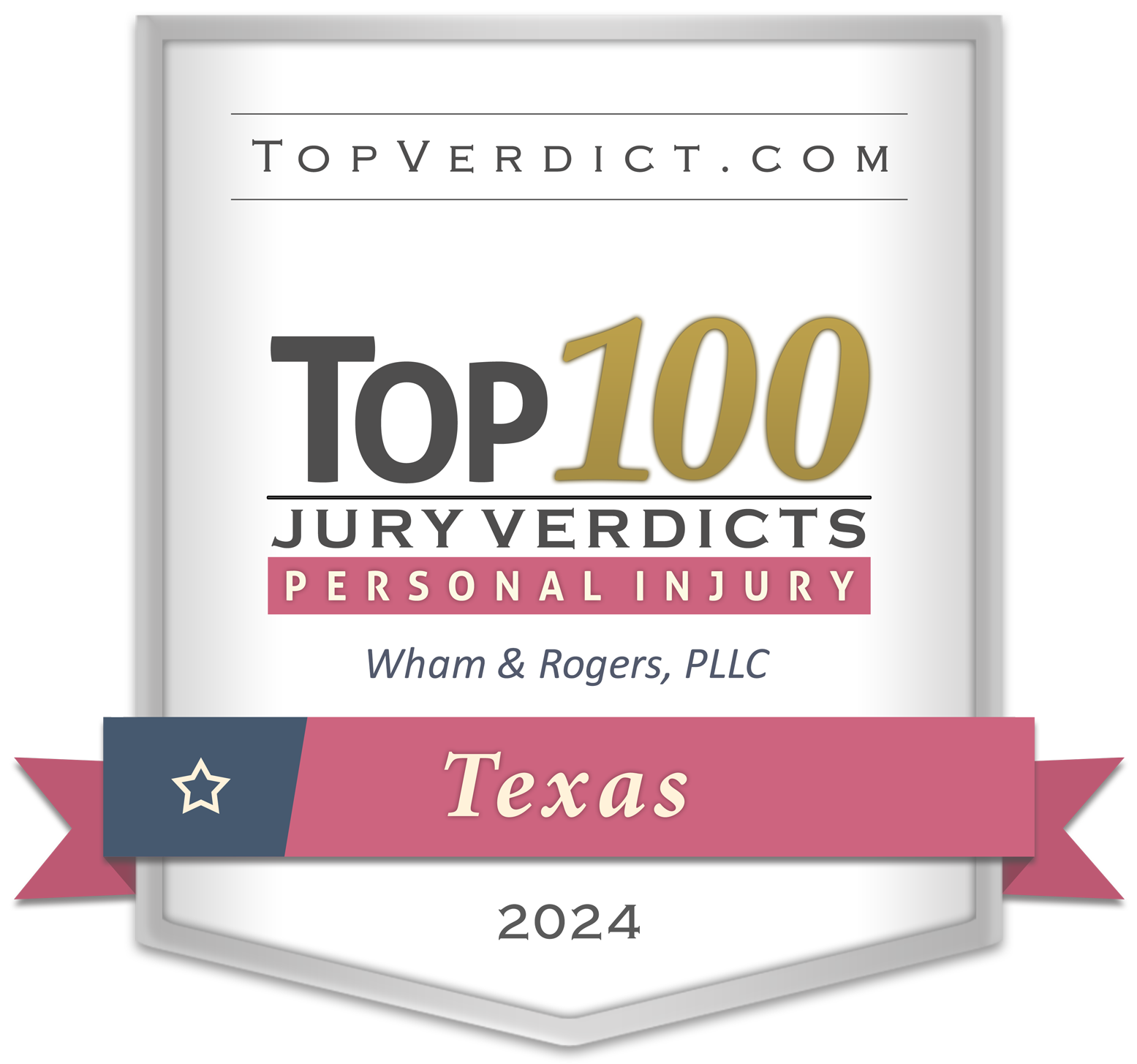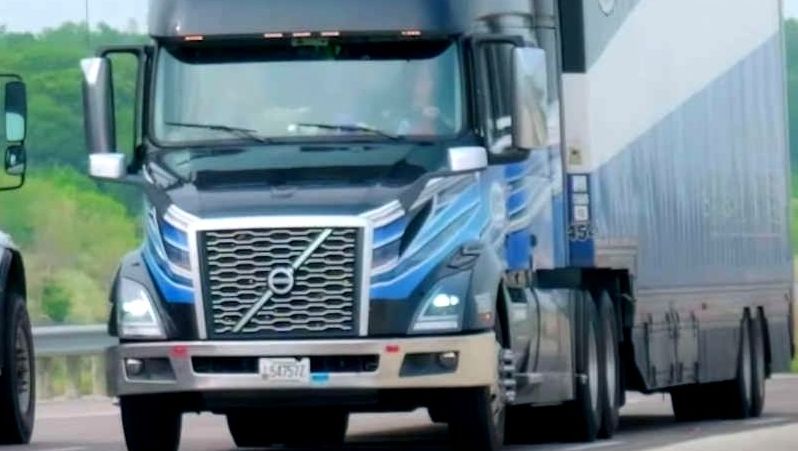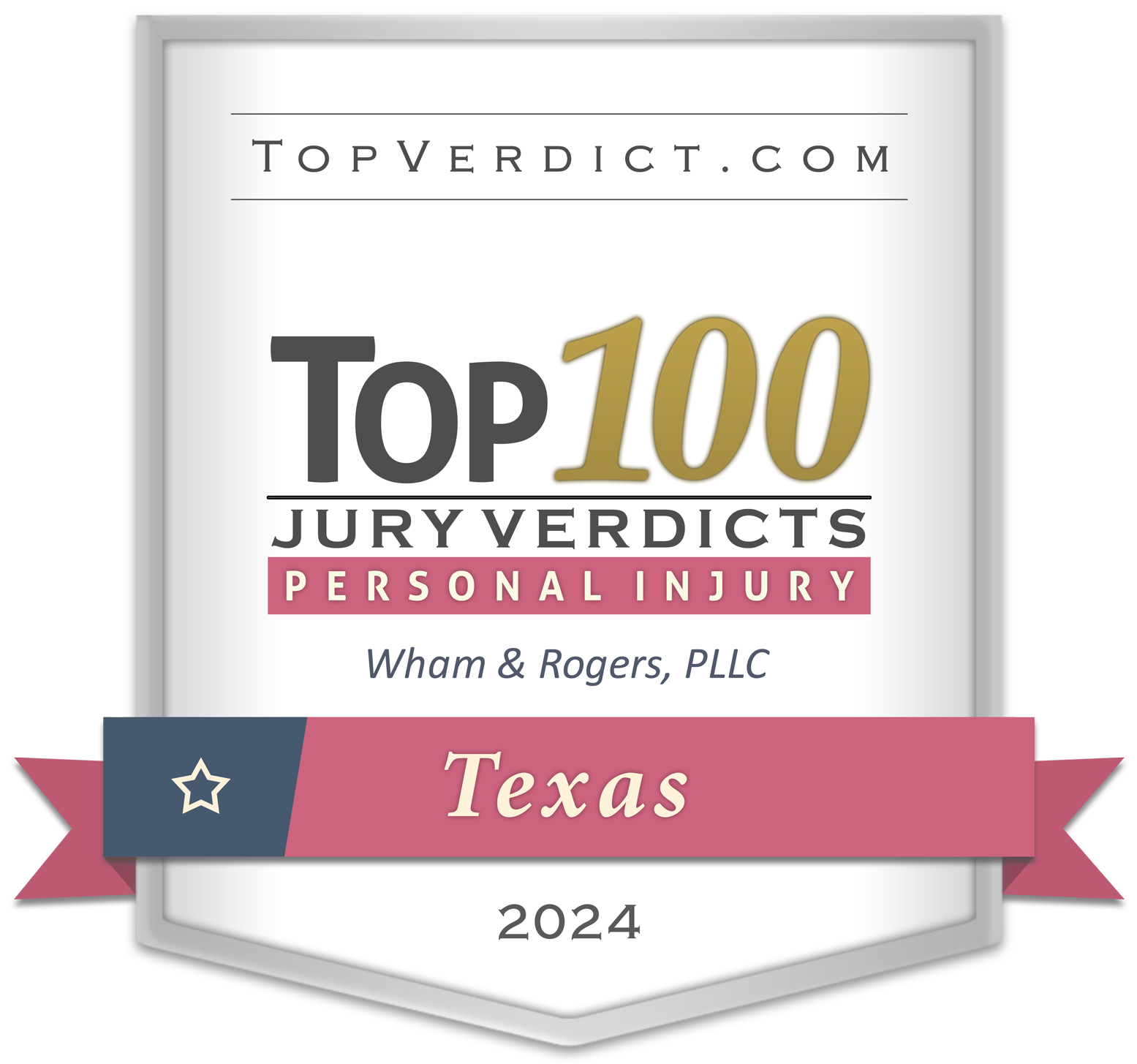OUR SERVICES
- 18 Wheeler Accidents
List Item 1
When a commercial truck collides with a smaller, passenger vehicle, the resulting injuries are often catastrophic. Individuals injured in a truck accident caused by someone else's negligence may be entitled to compensation.
- Auto Collisions
List Item 2
Every time you get behind the wheel of your car, you are at risk for a collision or accident. Sadly, even the most conscientious drivers and their passengers suffer injuries in car accidents every day.
- Bicycle Accidents
List Item 3
In the most serious cases, bicycle accidents can result in disabling injuries or even loss of life. These injuries can incur costly medical expenses and a loss of income while you recover.
- Pedestrian Accidents
List Item 4
Cars, motorcycles, trucks, and other vehicles sometimes fail to adequately look for pedestrians. If you were struck by a vehicle, you may be able to pursue legal action due to the driver’s negligence.
- Traumatic Brain Injuries
TBIs cause serious, sometimes permanent, damage that can affect the victim for many years following an accident. At Wham & Rogers, our traumatic brain injury lawyers understand how difficult it is to recover from these injuries.
- Wrongful Death
After the sudden loss of a loved one, you may face funeral expenses, medical bills, and other sources of emotional stress. If your loved one’s death was the result of someone else’s negligence, seek justice with Wham & Rogers.
CALL FOR YOUR FREE CONSULTATION
We do not handle cases involving property damage without injury, nor do we handle HIPAA violation cases.
what our clients say
Wham and Rogers represented us in a very tough case(wrongful death) involving our daughter. They showed great care and empathy from the day we talked to them about the case through the trial.
I feel they had my family’s best interest in their decision making 100% of the time. Not only are they great attorneys but they are also great people.
T.C
Facing a denied claim, financially crippling medical bills, and months of painful recuperation and rehabilitation I was overwhelmed in every sense of the word. Wham and Rogers provided a massive amount of relief.
They were able to get the insurance company to accept my claim and worked to get the medical bills to a miraculously affordable amount. Rene, you and your team were a true godsend. Thank y'all so much.
W.K
Free Consultation
If you have been seriously injured, contact us and let us help you secure the justice your case deserves. You don't pay unless we win.
Contact Us
We do not handle cases involving property damage without injury, nor do we handle HIPAA violation cases.
Our Proven Results
















